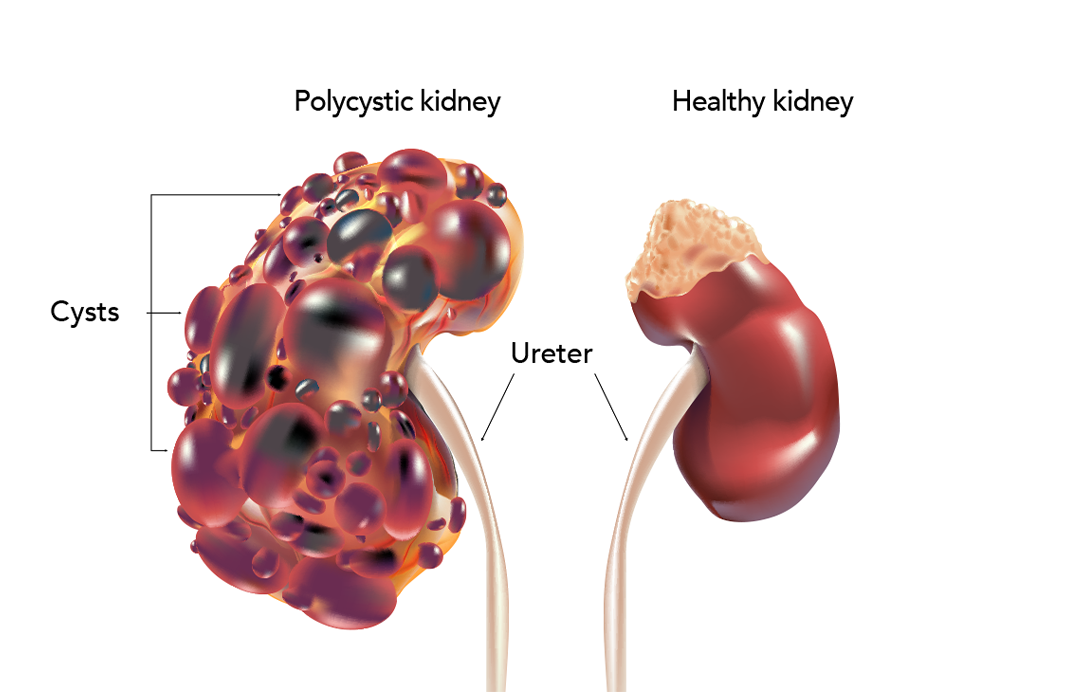The kidneys play a crucial role in maintaining the body’s overall health and well-being. These vital organs are responsible for filtering waste products and excess fluids from the blood, producing urine, regulating electrolyte balance, and controlling blood pressure. However, in today’s world, the kidneys face numerous challenges due to the increasing levels of air pollution. In this comprehensive article, we will delve into the impact of pollutants on the kidneys, specifically focusing on the renal effects of air pollutants and their role in causing kidney problems.
Understanding the Link between Air Pollution and Kidney Health
Air pollution is a significant environmental health issue that affects millions of people worldwide. It primarily results from the emission of harmful substances into the atmosphere through various human activities such as industrial processes, vehicle emissions, and the burning of fossil fuels. These pollutants can be in the form of gases, particulate matter, or toxic chemicals.
Recent research has revealed a compelling link between air pollution and kidney health. Exposure to high levels of air pollutants has been associated with the development and progression of kidney diseases, including chronic kidney disease (CKD) and end-stage renal disease (ESRD). Studies have shown that long-term exposure to pollutants such as particulate matter (PM), nitrogen dioxide (NO2), sulfur dioxide (SO2), and carbon monoxide (CO) can have detrimental effects on renal function.
The Mechanisms of Renal Damage Caused by Air Pollutants
Inflammation and Oxidative Stress: Air pollutants can trigger an inflammatory response in the kidneys, leading to the production of reactive oxygen species (ROS) and oxidative stress. This oxidative stress can damage renal tissues and impair their normal functioning.
Direct Toxicity: Certain air pollutants, such as heavy metals and organic compounds, have direct toxic effects on the kidneys. These substances can accumulate in the renal tissues and disrupt cellular processes, leading to kidney damage.
Hypertension and Cardiovascular Effects: Air pollution has been closely linked to the development of hypertension (high blood pressure) and cardiovascular diseases. These conditions can have indirect effects on kidney health, as they increase the risk of renal dysfunction and contribute to the progression of kidney diseases.
Impaired Renal Blood Flow: Air pollutants can cause vasoconstriction (narrowing of blood vessels) and reduce renal blood flow. This compromised blood flow deprives the kidneys of essential nutrients and oxygen, leading to tissue damage and dysfunction.
The Impact of Air Pollution on Specific Kidney Conditions
Chronic Kidney Disease (CKD): chronic kidney disease is a long-term condition characterized by the gradual loss of kidney function over time. Studies have shown that exposure to air pollution can accelerate the progression of CKD. The presence of pollutants in the bloodstream can exacerbate inflammation, oxidative stress, and fibrosis in the kidneys, leading to a faster decline in renal function.
Acute Kidney Injury (AKI): Acute kidney injury refers to a sudden loss of kidney function, often caused by factors such as infections, medications, or reduced blood flow to the kidneys. Air pollution can contribute to the development of AKI by compromising renal blood flow and exacerbating inflammation. Individuals exposed to high levels of air pollutants are more susceptible to kidney injury, especially in combination with other risk factors.
Kidney Stones: Kidney stones are solid masses that form in the kidneys when certain substances crystallize. Air pollution indirectly affects the formation of kidney stones by contributing to the development of hypertension and metabolic disorders. These conditions increase the risk of stone formation and can lead to recurrent kidney stone episodes.
Protecting Kidney Health in a Polluted Environment
While the detrimental effects of air pollution on kidney health are concerning, there are measures individuals can take to protect their kidneys and minimize the risks associated with pollution:
Limit Exposure: Minimize exposure to polluted air by staying indoors during peak pollution times, using medical-grade air purifiers at home, and avoiding heavily congested areas or industrial zones.
Stay Hydrated: Drinking an adequate amount of water helps flush out toxins and maintain proper kidney function. It is essential to stay well-hydrated, especially in polluted environments.
Follow a Healthy Lifestyle: Adopting a healthy lifestyle can support overall kidney health. This includes eating a balanced diet, exercising regularly, managing stress levels, and avoiding smoking and excessive alcohol consumption.
Support Environmental Initiatives: Advocate for environmental policies that aim to reduce air pollution levels. Supporting sustainable transportation, renewable energy sources and stricter emission regulations can contribute to a cleaner and healthier environment for everyone.
Conclusion
When it comes to kidney health, D-orbital Nano oxide catalyst air filters can play a crucial role in minimizing the presence of pollutants known to have detrimental effects on renal function. For example, these filters can effectively capture and degrade particulate matter (PM), which is a significant contributor to air pollution-related kidney problems. By reducing PM levels in the air, the filters help mitigate the risk of inflammation, oxidative stress, and tissue damage in the kidneys.
In conclusion, D-orbital Nano oxide catalyst air filters offer a promising solution to control the health issues associated with air pollution, including the impact on kidney health. By selectively targeting and neutralizing pollutants known to harm renal function, these advanced filters contribute to creating cleaner indoor environments and reducing the risk of kidney problems caused by air pollution. However, it is important to implement a comprehensive approach to air pollution control for maximum effectiveness in safeguarding kidney health.
By raising awareness about the link between air pollution and kidney problems, individuals can make informed decisions to protect their kidneys and contribute to a cleaner, healthier environment. Remember, safeguarding kidney health is not only crucial for individuals but also for the well-being of future generations.


